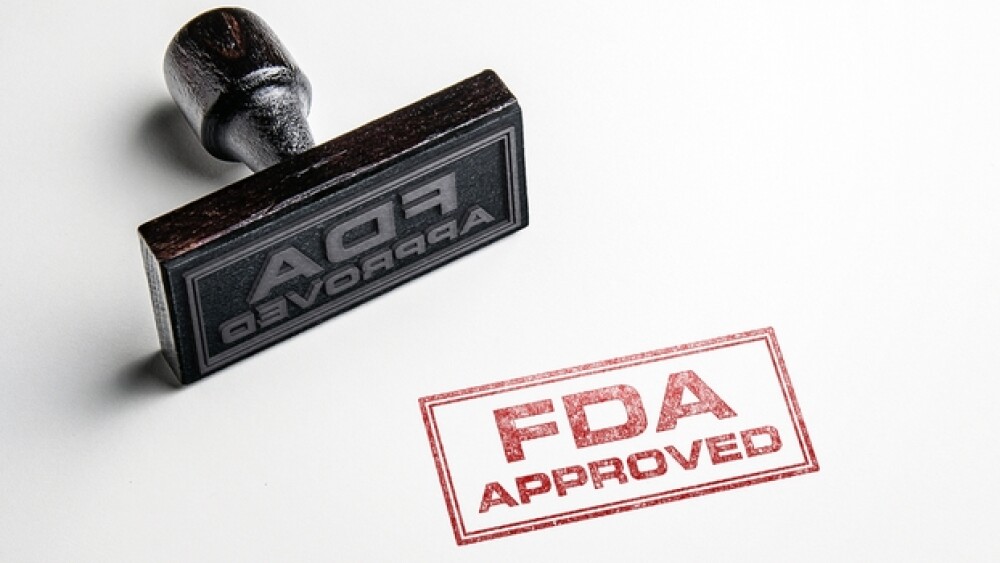The new at-home saliva self-collection assay allows for broader screening than the standard and uncomfortable method using nose and throat swabs at a healthcare facility or testing location that requires a physical interaction with a healthcare professional.
Rutgers’ RUCDR Infinite Biologics received an amended Emergency Use Authorization from the U.S. Food and Drug Administration (FDA) for the first SARS-CoV-2 coronavirus test that will allow people to collect their own saliva at home and send to a lab for results.
The new at-home saliva self-collection assay, developed by RUCDR in partnership with Utah-based Spectrum Solutions and Accurate Diagnostic Labs, allows for broader screening than the standard and uncomfortable method using nose and throat swabs at a healthcare facility or testing location that requires a physical interaction with a healthcare professional.
Andrew Brooks, chief operating officer and director of technology development at RUCDR, said the impact of the approval means that patients who suspect they may have the virus do not have to potentially infect others through close proximity during the current testing methods. Additionally, for healthcare professionals, it reduces the risk of infection by performing nasopharyngeal or oropharyngeal collections. Brooks added that it also means “precious PPE (personal protective equipment)” can be preserved and used in the care of patients instead of being used during testing. The at-home tests can also “significantly increase the number of people collected each and every day in places other than a healthcare setting,” Brooks said in a statement.
Brooks added that the approval of the at-home test could be essentially important for those who may not be able to go to one of the drive-up testing sites due to being sick or concerned about exposing themselves or others to COVID-19 by traveling to a collection site. He said it will have a “significant impact” on helping people across the United States return to a more normal state of life as this will enable healthcare professionals to be able to monitor large numbers of people in a variety of locations.
“Saliva testing addresses many critical issues associated with large-scale screening that is required to get people back to their normal daily lives,” Brooks added. “Saliva testing is very important for symptomatic patients at home, so they can better determine how long it will be until they are no longer infectious and can safely return to their daily activities.
For Rutgers, the Emergency Use Authorization marks the second such approval for Rutgers. The decision follows the FDA’s recent emergency approval to RUCDR Infinite Biologics for the first saliva-based test, which involves health care workers collecting saliva from individuals at testing sites. That test was also co-developed with Spectrum Solutions.
Last month, RUCDR also launched a genetic testing service for the coronavirus that can test thousands of samples daily. With the new saliva tests and expanded collection strategy that number can increase to tens of thousands of samples daily, the university said in its announcement.
In its announcement, Rutgers did not provide information as to how quickly it will roll out the at-home tests and how many will initially be available.





